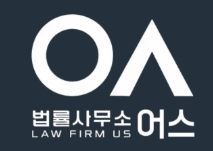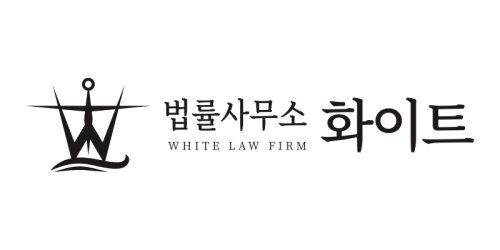Best Citizenship Lawyers in Seoul
Share your needs with us, get contacted by law firms.
Free. Takes 2 min.
List of the best lawyers in Seoul, South Korea
About Citizenship Law in Seoul, South Korea:
Citizenship in Seoul, South Korea is regulated by the Korean Nationality Act. This act outlines the requirements, rights, and duties of Korean citizens. Citizenship can be acquired through birth, naturalization, or marriage to a Korean national.
Why You May Need a Lawyer:
You may need a lawyer for assistance with the naturalization process, resolving citizenship disputes, or understanding your rights and obligations as a Korean citizen. A lawyer can provide guidance and representation to ensure your interests are protected.
Local Laws Overview:
Key aspects of Korean citizenship law include the eligibility criteria for naturalization, the process for renunciation of citizenship, and the rights and duties of citizens. It is important to comply with these laws to maintain your citizenship status.
Frequently Asked Questions:
Q: How can I apply for Korean citizenship through naturalization?
A: To apply for Korean citizenship through naturalization, you must meet certain eligibility criteria, including residency requirements and language proficiency. Consult with a lawyer to assist you with the application process.
Q: Can I hold dual citizenship in South Korea?
A: South Korea does not recognize dual citizenship for adults. If you acquire Korean citizenship, you may be required to renounce your previous citizenship.
Q: What are the rights and duties of Korean citizens?
A: Korean citizens have the right to vote, access public services, and work in South Korea. They also have duties to obey the law, pay taxes, and serve in the military if required.
Q: How can I resolve a citizenship dispute in Seoul?
A: If you are facing a citizenship dispute, such as a denial of naturalization, you may need to seek legal assistance to navigate the legal process and defend your rights.
Q: What are the requirements for maintaining Korean citizenship?
A: To maintain your Korean citizenship, you must comply with the laws and regulations of South Korea, including paying taxes and fulfilling any military service obligations.
Q: Can I apply for Korean citizenship through marriage?
A: Foreign nationals who are married to Korean citizens may be eligible to apply for Korean citizenship through marriage. Consult with a lawyer to determine your eligibility and assist with the application process.
Q: What are the consequences of losing Korean citizenship?
A: If you lose your Korean citizenship, you may lose certain rights and privileges, such as the right to reside and work in South Korea. It is important to understand the implications of renouncing your citizenship.
Q: How long does the naturalization process take in South Korea?
A: The naturalization process in South Korea can take several months to several years, depending on various factors such as your eligibility, documentation, and the backlog of applications. A lawyer can help expedite the process and ensure that all requirements are met.
Q: Do I need to speak Korean fluently to acquire Korean citizenship?
A: While proficiency in the Korean language is required for naturalization, there are exceptions for certain individuals, such as those who are married to Korean citizens or have made significant contributions to South Korea.
Q: How can I check the status of my citizenship application?
A: You can inquire about the status of your citizenship application through the Ministry of Justice or consult with a lawyer to assist you with tracking the progress of your application.
Additional Resources:
For more information on Korean citizenship laws and procedures, you can visit the Ministry of Justice website or seek assistance from organizations such as the Korean Immigration Service or the Korean Bar Association.
Next Steps:
If you require legal assistance with citizenship matters in Seoul, South Korea, it is recommended to consult with a qualified and experienced lawyer who specializes in citizenship law. They can provide guidance, representation, and support to help you navigate the legal process effectively.
Lawzana helps you find the best lawyers and law firms in Seoul through a curated and pre-screened list of qualified legal professionals. Our platform offers rankings and detailed profiles of attorneys and law firms, allowing you to compare based on practice areas, including Citizenship, experience, and client feedback.
Each profile includes a description of the firm's areas of practice, client reviews, team members and partners, year of establishment, spoken languages, office locations, contact information, social media presence, and any published articles or resources. Most firms on our platform speak English and are experienced in both local and international legal matters.
Get a quote from top-rated law firms in Seoul, South Korea — quickly, securely, and without unnecessary hassle.
Disclaimer:
The information provided on this page is for general informational purposes only and does not constitute legal advice. While we strive to ensure the accuracy and relevance of the content, legal information may change over time, and interpretations of the law can vary. You should always consult with a qualified legal professional for advice specific to your situation.
We disclaim all liability for actions taken or not taken based on the content of this page. If you believe any information is incorrect or outdated, please contact us, and we will review and update it where appropriate.

















